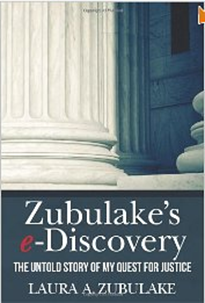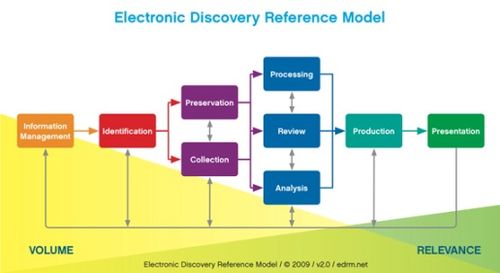eDiscovery Case Law: Counsel, The Inadvertent Disclosure "Buck" Stops With You
eDiscovery Case Law: Counsel, The Inadvertent Disclosure "Buck" Stops With You https://cloudnine.com/wp-content/themes/cloudnine/images/empty/thumbnail.jpg 150 150 CloudNine https://cloudnine.com/wp-content/themes/cloudnine/images/empty/thumbnail.jpg
Here is yet another case of inadvertently disclosed privileged documents. In Blythe v. Bell, North Carolina Business Superior Court Judge James L. Gale denied a motion for an order compelling the return of privileged documents inadvertently disclosed by the defendants, ruling that privilege had been waived on those documents.
read more





